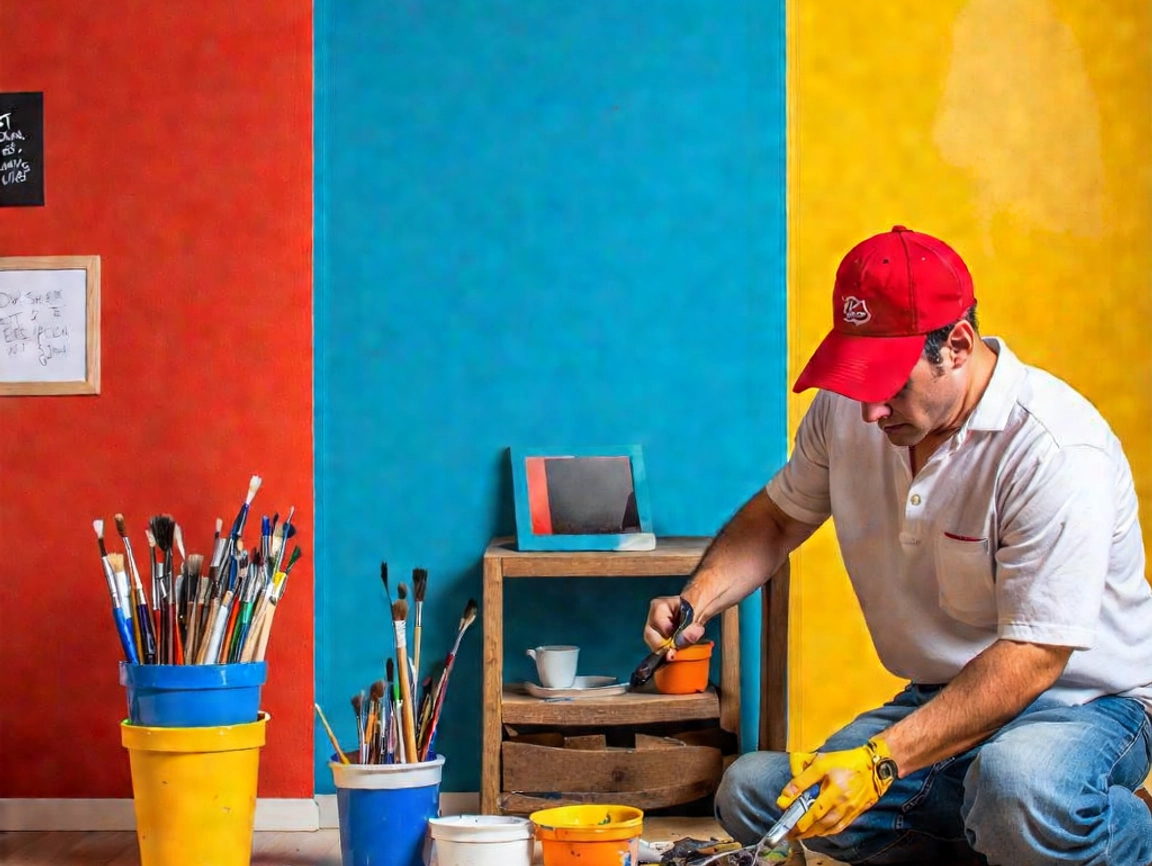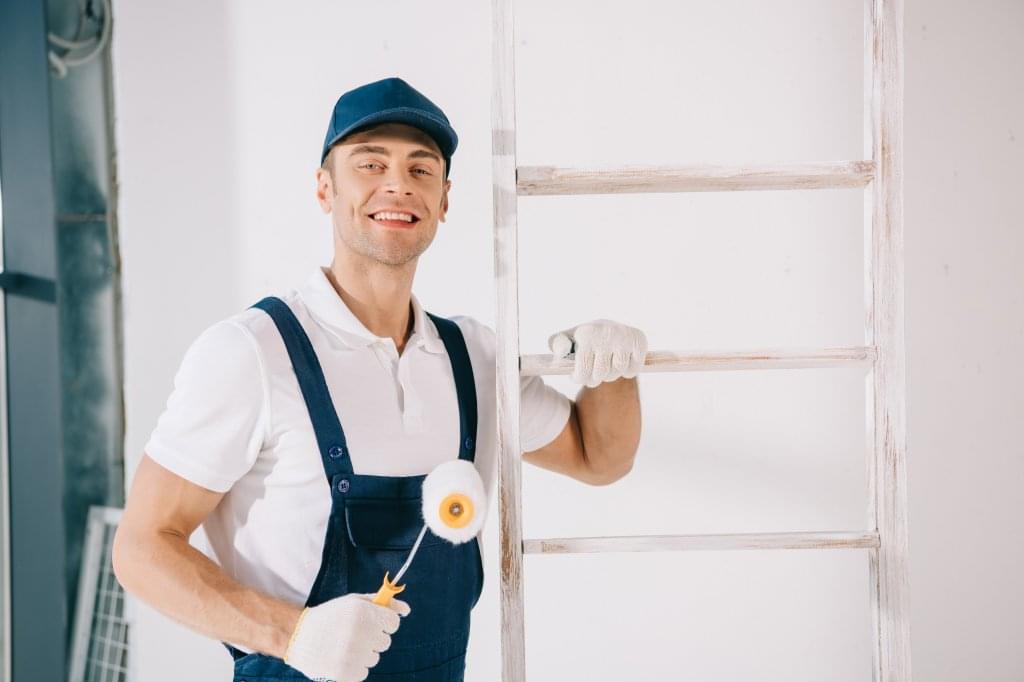Ensuring Comfort, Responsibility for Live-In Maids
In the bustling city of Dubai, countless families rely on live-in maids to help with household chores and childcare. While these maids play a crucial role in maintaining the comfort and order of their employers’ homes, it is equally important for employers to ensure the well-being and happiness of their domestic helpers. In this article, we will explore the responsibilities of Dubai employers when it comes to providing a comfortable and serene living environment for their live-in maids
Making Home a Haven: Dubai Employers’ Duty to Live-In Maids
Dubai employers have a responsibility to create a safe and welcoming home environment for their live-in maids. This includes ensuring that the maid has a comfortable and private living space, complete with basic amenities such as a bed, storage for personal belongings, and access to a bathroom. Employers should also provide regular meals and snacks for their maids, taking into consideration any dietary restrictions or preferences. By prioritizing the living conditions of their domestic helpers, employers can foster a sense of belonging and security within the household.
In addition to providing a physical haven, Dubai employers should also strive to cultivate a supportive and respectful relationship with their live-in maids. This means communicating openly and honestly, listening to the maid’s concerns and feedback, and treating them with dignity and kindness. Employers should encourage their maids to take breaks and rest when needed, as well as granting them time off to relax and recharge. By showing empathy and compassion towards their domestic helpers, employers can create a harmonious and positive working environment that benefits both parties.
Ensuring Serenity: How Employers Can Prioritize Maids’ Well-being
To prioritize the well-being of their live-in maids, Dubai employers can take proactive steps to address any issues or challenges that may arise. This includes providing access to healthcare services and ensuring that the maid receives regular check-ups and medical care. Employers should also offer opportunities for personal development and growth, such as access to education or training programs. By investing in the physical, emotional, and professional well-being of their domestic helpers, employers can build a strong and resilient relationship based on trust and mutual respect.
Furthermore, employers should encourage a healthy work-life balance for their live-in maids, allowing them time to relax, socialize, and pursue personal interests outside of their duties. Employers can also support their maids in maintaining connections with their families and loved ones, whether through phone calls, video chats, or occasional visits. By creating a supportive and nurturing environment that values the holistic well-being of their domestic helpers, Dubai employers can ensure that their live-in maids feel appreciated, valued, and cared for in their home away from home.
In conclusion, ensuring the comfort and well-being of live-in maids is not only a moral responsibility but also a practical necessity for Dubai employers. By prioritizing the living conditions, relationships, and overall well-being of their domestic helpers, employers can create a harmonious and supportive household environment that benefits both parties. Through empathy, communication, and proactive care, employers can make their homes havens of serenity where live-in maids feel respected, valued, and truly at home.









